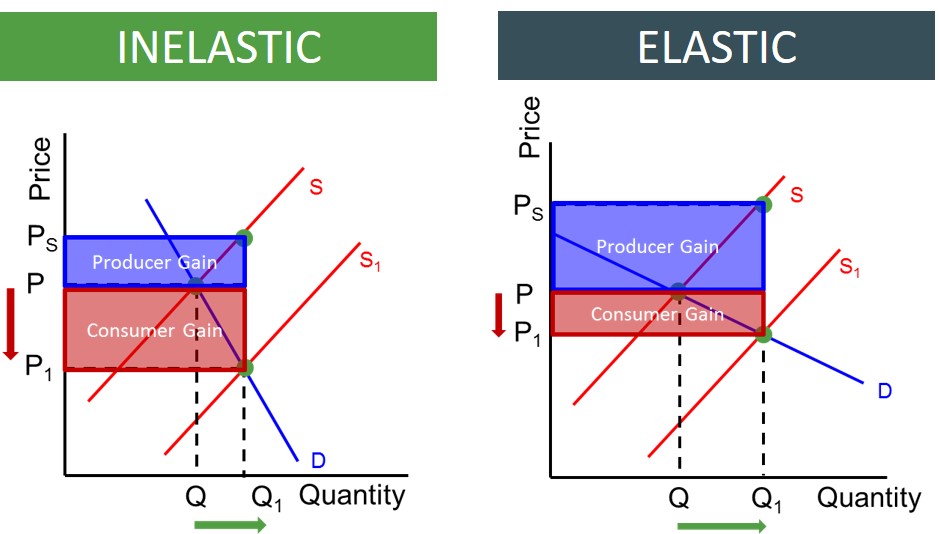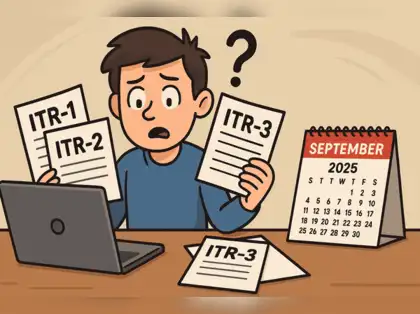Benefits of Subsidies: A Comprehensive Analysis
Subsidies play a crucial role in shaping economies and fostering growth. In this article, we will delve into the various benefits of subsidies, their impact on industries, and their significance in promoting societal welfare. By understanding the multifaceted advantages of subsidies, we can gain valuable insights into their importance in today’s economic landscape.
Enhancing Economic Stability
Subsidies serve as a powerful tool to enhance economic stability. By providing financial support to industries facing challenges or new emerging sectors, subsidies enable businesses to overcome initial obstacles and establish themselves in the market. This creates a stable economic environment and fosters growth, leading to job creation and increased consumer spending.
Stimulating Innovation and Research
One of the key benefits of subsidies is their ability to stimulate innovation and research. By offering financial incentives to businesses engaged in research and development activities, subsidies encourage technological advancements and foster a culture of innovation. This not only boosts productivity but also enhances a country’s competitiveness in the global market.
Promoting Sustainable Practices
Subsidies can play a pivotal role in promoting sustainable practices across industries. By offering financial incentives to businesses that adopt eco-friendly technologies or engage in sustainable production methods, subsidies encourage the transition towards a greener economy. This not only helps in mitigating environmental challenges but also creates new opportunities for businesses operating in the renewable energy and clean technology sectors.
Supporting Small and Medium Enterprises (SMEs)
Subsidies are particularly beneficial for small and medium enterprises (SMEs). These businesses often face difficulties in accessing capital or competing with larger corporations. Subsidies can provide the necessary financial support to SMEs, enabling them to invest in infrastructure, expand their operations, and increase their market share. This promotes entrepreneurship, diversifies the economy, and fosters healthy competition.
Boosting Employment Opportunities
Subsidies have a direct impact on employment opportunities. By providing financial assistance to businesses, subsidies enable companies to expand their workforce, create new jobs, and reduce unemployment rates. This not only improves the standard of living for individuals but also contributes to overall economic growth and stability.
Enhancing Access to Essential Services
Subsidies can also be instrumental in enhancing access to essential services for disadvantaged communities. By offering financial support to sectors such as healthcare, education, and housing, subsidies help ensure that necessities are affordable and accessible to all. This contributes to social welfare, reduces inequality, and promotes inclusivity within society.

Subsidies play a vital role in driving economic growth, fostering innovation, and promoting societal welfare. The benefits of subsidies are diverse and far-reaching, ranging from economic stability and job creation to sustainable practices and enhanced access to essential services. By recognizing the significance of subsidies and implementing effective policies, governments can create an environment conducive to prosperity and progress.
Frequently Asked Questions about the Benefits of Subsidies
1. What are subsidies?
Subsidies are financial assistance provided by the government to individuals, businesses, or industries to support and promote certain activities or products.
2. What are the main benefits of subsidies?
Subsidies can stimulate economic growth, create jobs, promote innovation, improve access to essential services, and help industries become competitive in the global market.
3. How do subsidies promote economic growth?
By providing financial support, subsidies encourage investment, increase production, and boost consumption, leading to overall economic growth and development.
4. Can subsidies help create jobs?
Yes, subsidies can incentivize businesses to expand their operations, hire more employees, and create new job opportunities in various sectors.
5. Do subsidies encourage innovation?
Absolutely! Subsidies can fund research and development activities, which drive innovation and technological advancements in industries, leading to improved products and services.
6. How do subsidies improve access to essential services?
Subsidies can make essential services, such as healthcare, education, and housing, more affordable and accessible to low-income individuals and marginalized communities.
7. Can subsidies help industries compete globally?
Yes, subsidies can level the playing field by reducing production costs, enhancing competitiveness, and supporting domestic industries to compete with foreign counterparts in the global market.
8. Are there any environmental benefits of subsidies?
Absolutely! Subsidies can promote the adoption of clean and renewable energy sources, incentivize eco-friendly practices, and contribute to environmental sustainability.
9. Do subsidies have any social benefits?
Yes, subsidies can address social inequalities by providing financial aid to disadvantaged groups, improving their standard of living, and promoting social welfare.
10. Are there any potential drawbacks of subsidies?
While subsidies have numerous benefits, they can also lead to market distortions, create dependency, and sometimes result in inefficient allocation of resources.




